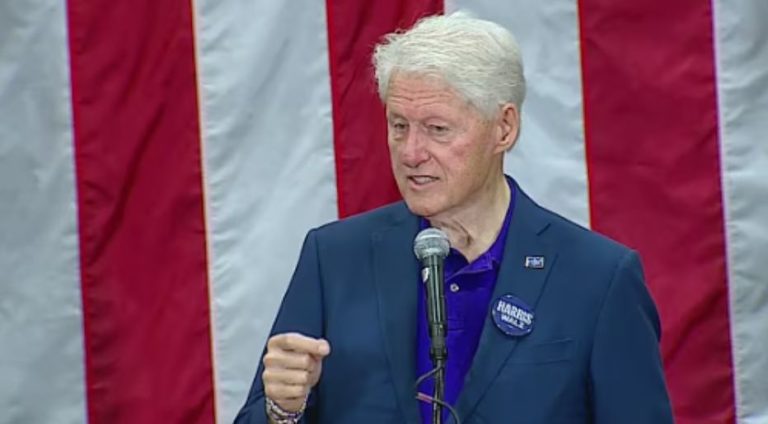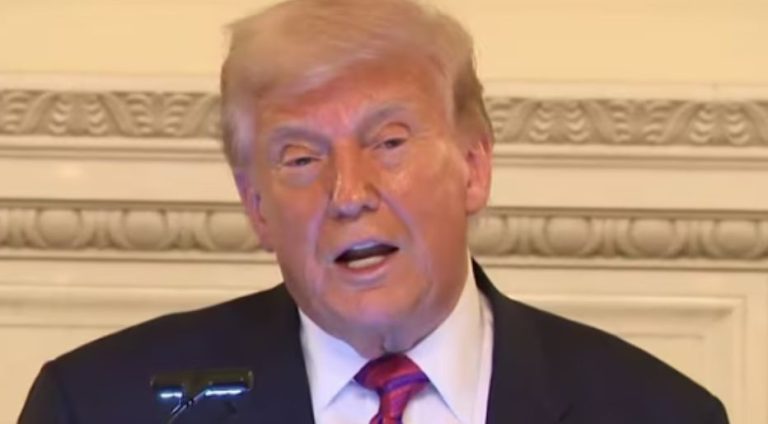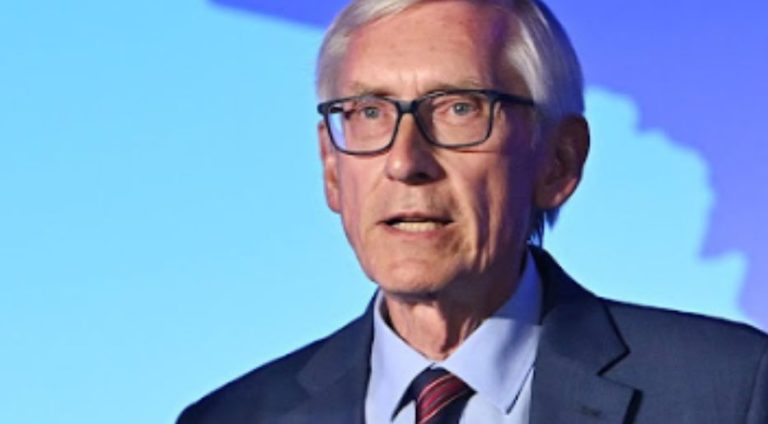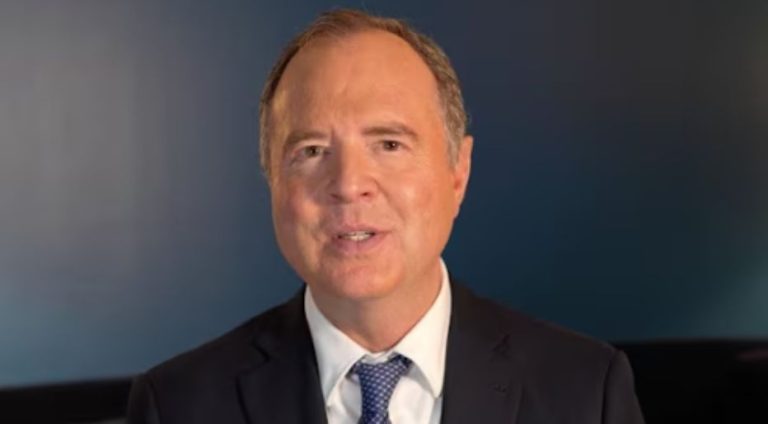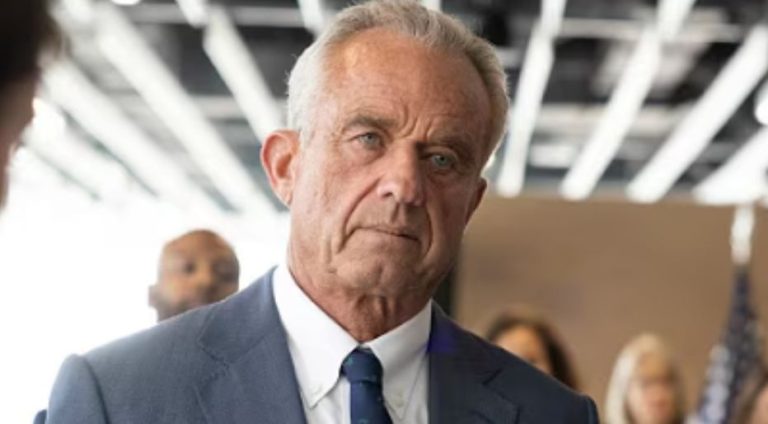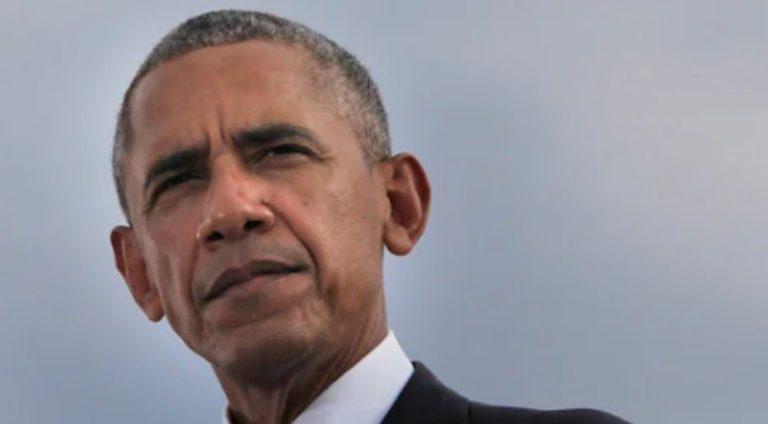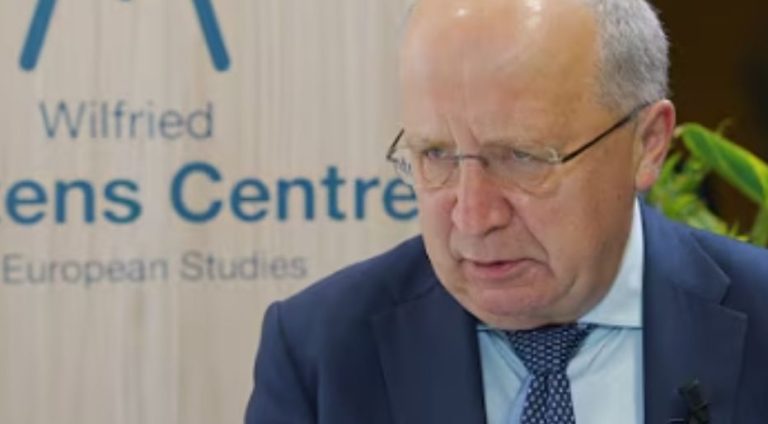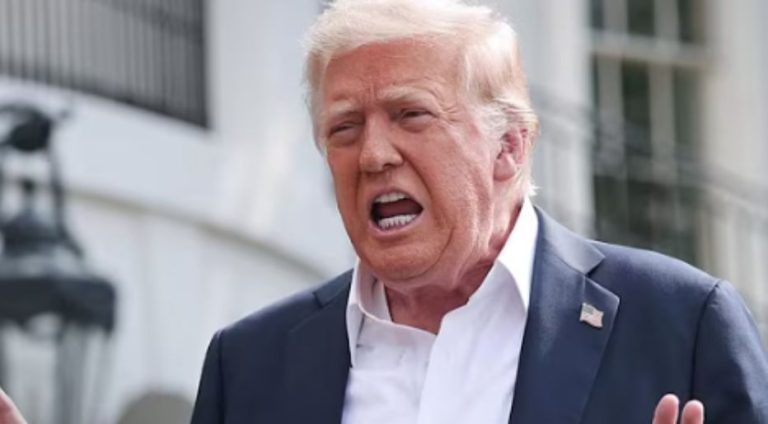Americans are demanding answers about Epstein. Now Trump is telling all.
Because he implicated major public figures in an awful scandal.
Trump Redirects Epstein Case Questions to Clinton and Summers
President Donald Trump suggested that inquiries about Jeffrey Epstein’s s*x trafficking case should focus on former President Bill Clinton and former Treasury Secretary Larry Summers.
Speaking to reporters while departing for Scotland, Trump stated, “You ought to be speaking about Larry Summers. You ought to be speaking about some of his friends that are hedge fund guys. You ought to be speaking about Bill Clinton.”
He accused Clinton of visiting Epstein’s private island, a claim Clinton has denied, asserting in his 2024 memoir, “Citizen,” that he never visited the island and regretted meeting Epstein. Trump emphasized he had never been to the island himself.
The remarks followed a meeting between U.S. Deputy Attorney General Todd Blanche and Epstein associate Ghislaine Maxwell in Florida, amid ongoing public interest in the case.
Spokespeople for Clinton and Summers did not immediately respond to requests for comment.
DOJ Maintains Closure on Epstein Investigation
The Trump administration’s Department of Justice (DOJ) and FBI announced in July that they would not release additional investigation materials related to Epstein’s s*x trafficking case, concluding their review with no new individuals identified for charges and no evidence of a “client list” of associates.
This decision drew criticism from some conservatives seeking further transparency.
Trump has downplayed the case’s significance, stating on July 14, “He’s dead for a long time. I don’t understand what the interest or what the fascination is. I really don’t, and the credible information’s been given.”
Epstein, a financier convicted in 2008 for soliciting a minor and charged again in 2019 with federal s*x trafficking, died by suicide in his Manhattan jail cell in August 2019, according to official reports.
Maxwell’s Role and Ongoing Developments
Ghislaine Maxwell, convicted in 2021 on charges including s*x trafficking of a minor and sentenced to 20 years, met with Deputy AG Blanche to discuss the Epstein case.
Blanche posted on X, stating, “Today, I met with Ghislaine Maxwell, and I will continue my interview of her tomorrow.
The Department of Justice will share additional information at the appropriate time.” Maxwell’s cooperation with authorities remains a focal point, given her central role in Epstein’s operations.
The case, involving allegations of abuse against minors and ties to prominent figures, continues to attract public attention, despite the DOJ’s assertion that no further actionable evidence exists.

